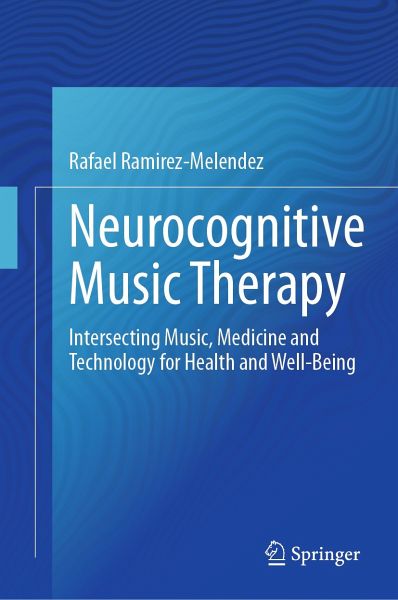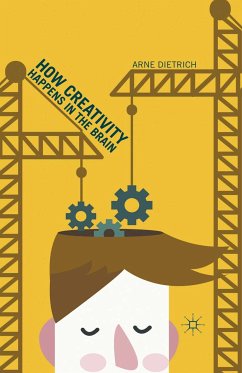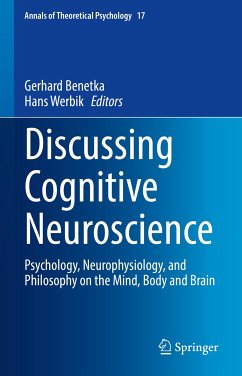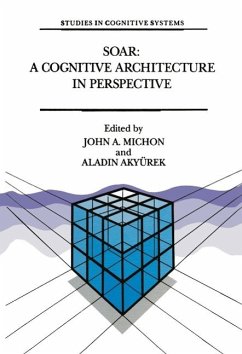
Neurocognitive Music Therapy (eBook, PDF)
Intersecting Music, Medicine and Technology for Health and Well-Being
Versandkostenfrei!
Sofort per Download lieferbar
80,95 €
inkl. MwSt.
Weitere Ausgaben:

PAYBACK Punkte
40 °P sammeln!
For thousands of years, music has acted as a powerful medium for evoking emotions, facilitating communication, and nurturing overall well-being. With the advent of new sophisticated neuroimaging technology, human responses to music and music therapy are being viewed through a new lens. As a consequence, new knowledge is being obtained about how music can produce significant improvements in cognitive, social, overt and agitated behaviours. The aim of this book is to provide an overview of neurocognitive music therapy, its impact and implications in the practice of evidence-based music intervent...
For thousands of years, music has acted as a powerful medium for evoking emotions, facilitating communication, and nurturing overall well-being. With the advent of new sophisticated neuroimaging technology, human responses to music and music therapy are being viewed through a new lens. As a consequence, new knowledge is being obtained about how music can produce significant improvements in cognitive, social, overt and agitated behaviours. The aim of this book is to provide an overview of neurocognitive music therapy, its impact and implications in the practice of evidence-based music interventions. The book seeks to provide researchers, psychologists, music therapists, musicians and physicians interested in the therapeutic applications of music, with a source of information about current techniques and novel music interventions. It is structured into several chapters, each of them presenting peer-reviewed research and evidence-based procedures carried out in a specific clinical context. Topics covered in the book include:
The book highlights the profound capacity of music-based interventions to facilitate cognitive and emotional processing, enhance communication, and promote motor rehabilitation. At the same time, the book demonstrates how modern technologies offer new opportunities to evaluate, validate, and potentiate music-based interventions, allowing new and innovative possibilities and more personalised interventions. This book aims to contribute to the growing body of knowledge in this field and inspire further research and innovation in the practice of music therapy.
- Musical engagement for individuals with motor disabilities
- Enhancing emotional processing in autism through music
- Stroke rehabilitation via musical interventions
- Musical neurofeedback for emotional disorders
- Emotional modulation with music therapy in palliative care
- AI-driven personalisation in music interventions
The book highlights the profound capacity of music-based interventions to facilitate cognitive and emotional processing, enhance communication, and promote motor rehabilitation. At the same time, the book demonstrates how modern technologies offer new opportunities to evaluate, validate, and potentiate music-based interventions, allowing new and innovative possibilities and more personalised interventions. This book aims to contribute to the growing body of knowledge in this field and inspire further research and innovation in the practice of music therapy.
Dieser Download kann aus rechtlichen Gründen nur mit Rechnungsadresse in A, B, BG, CY, CZ, D, DK, EW, E, FIN, F, GR, HR, H, IRL, I, LT, L, LR, M, NL, PL, P, R, S, SLO, SK ausgeliefert werden.












